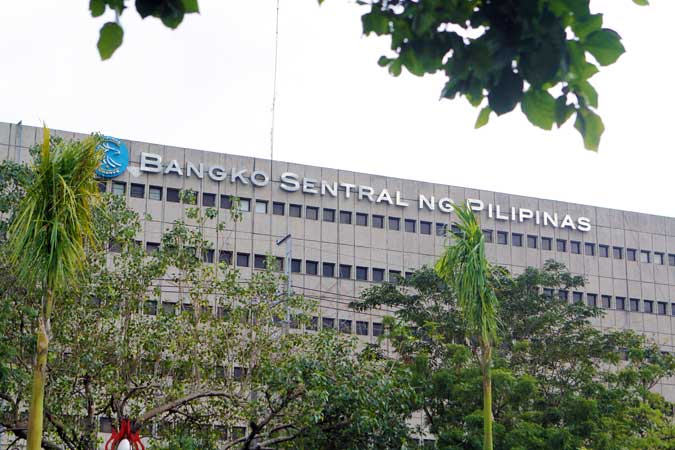BSP works with Singapore’s central bank to promote data connectivity

THE BANGKO SENTRAL ng Pilipinas (BSP) is working with Singapore’s central bank to promote data connectivity among financial institutions to beef up the management of risks related to money laundering, terrorism financing and cyberattacks.
The BSP on Monday released a joint statement of intent with the Monetary Authority of Singapore (MAS), which said they intend to adopt and implement policies related to data connectivity applicable to their supervised financial institutions.
“BSP and MAS recognize that the ability to aggregate, store, process, and transmit data across borders is critical to the development of the financial sector,” they said in the statement.
“These developments also pose new and complex risks for markets and challenges for policy makers and regulators. BSP and MAS are committed to working together and with other countries and authorities to promote an environment in financial services that fosters the development of the global economy,” they added.
The regulators said greater data usage and technology allows financial institutions to offer a wider range of services and also contributes to better risk management and increased efficiency.
“Covered institutions should be allowed to transfer data, including personal information, across borders by electronic means provided this activity is for the conduct of the business within the scope of their license, authorization, or registration,” they said.
“Data localization requirements can increase cybersecurity and other operational risks, hinder risk management and compliance, and inhibit financial regulatory and supervisory access to data. Data mobility in financial services supports economic growth and the development of innovative financial services, and benefits risk management and compliance programs, by, amongst others, making it easier to detect cross-border money laundering, terrorist financing patterns, and proliferation financing; defend against cyberattacks; and manage and assess risk on a global basis,” they added.
The regulators said where lenders can store and process data should not be restricted but said they must have “full and timely” access to these data to fulfill their regulatory and supervisory functions.
“If BSP or MAS is unable to access the data, covered institutions should have the opportunity to remediate such lack of access before being required to use or locate computing facilities locally,” the statement said.
The BSP has been engaging in policy dialogues with other central banks and multilateral agencies as the global economy grapples with the coronavirus pandemic.
In September, the BSP signed a Memorandum of Understanding with the Otoritas Jasa Keuangan or the Financial Services Authority of Indonesia that aims to come up with a framework on financial regulatory mechanisms between the two central banks.
Through the pact, the regulators may facilitate initiatives, including a joint regulatory sandbox to test cross-border retail payment linkages. — LWTN



